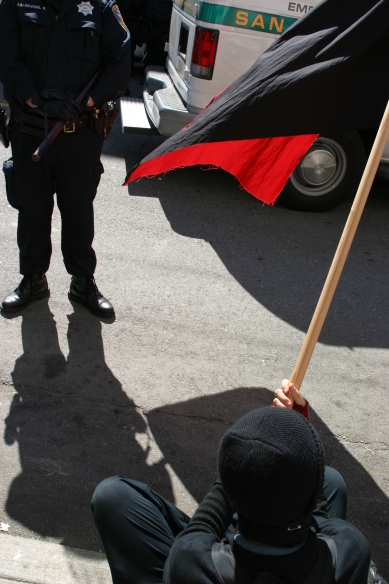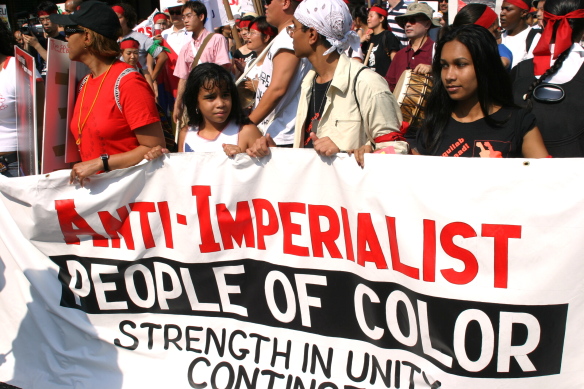By Tabu Butagira & Jamal Abdi
YUMBE - Eighty-six Local Defence Unit (LDU) recruits have run off with guns days after being armed by the army.

The trainees were part of 872 LDUs who had just completed a three-month basic military course at Lugore UPDF Infantry training school in Aswa County, north of Gulu town.
They had been moved to Yumbe District awaiting official pass out, when they ran away.
Capt. Henry Okwanga, the commandant of the school, said on Saturday the deserters sneaked out at night a week ago.
While presenting 786 trainees for commissioning by the Army Commander, Lt. Gen. Aronda Nyakairima at Yumbe Boma Grounds on Saturday, Okwanga said 55 of the escapees were from Yumbe, 21 from Arua and 10 from Koboko.
News of the escape has caused panic in West Nile, which in the recent past, had been combed by state agencies for suspected People's Redemption Army (PRA) rebels and arms.
The Chieftaincy of Military Intelligence and Joint Anti-Terrorism squad unearthed subversive activities in West Nile in November 2004 and said then that the PRA was recruiting its fighters from the region and training them in the jungles of the neighbouring Democratic Republic of Congo.
The detectives picked at least 26 PRA suspects in the region in the four-month crack-down that ended in February this year and recovered a stockpile of arms and other rebel training kits, mainly from Yumbe District and Koboko.
But Nyakairima said he still believes the missing LDUs had briefly moved home to visit their families and enjoy better food and would soon return to duty.
"In case there is an enemy who has taken them away, they (deserters) are wasting their time because we shall get them anyway," he said.
A reliable security source said seven of the guns the fugitives had, had been recovered from Lodonga (in Yumbe) on Friday.
Nyakairima ordered his commanders not to reprimand the absconders if they come back voluntarily but said they should search and arrest them immediately in the event that the fugitives fail to turn up willingly.
The Commanding Officer of the 4th Division, Col. Nathan Mugisha, said he believes some rogues could have been recruited to join the special militia due to improper screening by LCs and recruitment officers.
President Yoweri Museveni last year ordered the army to build a new battalion of LDUs in the West Nile region to respond to the security threat.
Nyakairima said the new LDUs, to be called West Nile Taskforce, would act as an auxiliary force to the regular army, serve as frontier guards to maintain peace and security in their respective localities and gather intelligence information for UPDF.
"Please, you young girls and boys (LDUs), do not misuse these guns we have given you. Respect and help the wanainchi where necessary and do not abuse local leaders," he said.
He ordered them to avoid alcohol because "it does not go well with the gun".
"Avoid reckless sexual behaviour that could lead you to contracting the deadly Hiv/Aids because we do not want you to die young," he advised.
He announced that each of the LDUs would be paid Shs60,000 monthly and were entitled to medical care, two pairs of uniforms and boots each year beside daily food rations of half kilogramme of posho (maize flour) and 300 grammes of beans.
He handed out wrapped prizes to the best performers.
He explained that following the pressure the UPDF exerted on LRA bases in Southern Sudan through Operation Iron Fist, intelligence information suggests that the LRA was trying to coordinate their activities across the Nile by linking up with the PRA that had established bases in the area.
re-published from Monitor media


























